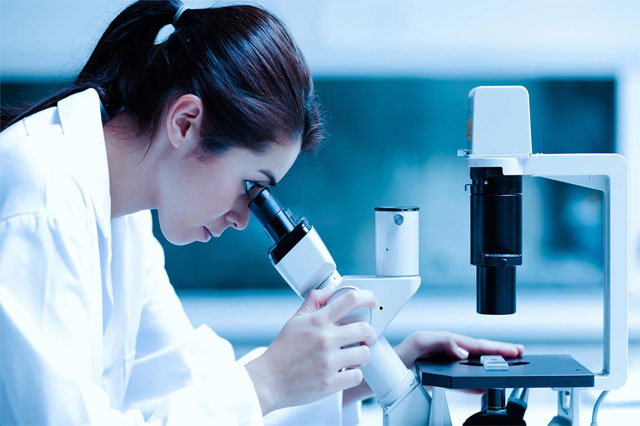Amino Acids for Ruminates: For calves, the most important amino acids are methionine, lysine, isoleucine, threonine and leucine. A deficiency in any of these amino acids results in a slowing of growth and delayed onset of maturity. The most important of these, methionine, is an essential amino acid. Though used inefficiently from a biological standpoint, methionine is important in cattle and sheep as a methyl group donor and a precursor for cysteine synthesis.
Lysine is the second most limiting amino acid for growing calves, especially in maize-based diets because maize is relatively low in lysine. So, if maize is a major component in a cow’s diet, it may be necessary to consider supplementing the diet.
Amino Acids for Pigs: Pigs have similar needs to calves, with the notable exception being arginine. While arginine is not an essential amino acid since it can be synthesized from glutamate and glutamine, it is essential to younger piglets in the neonatal and immediate postweaning phases. Forty percent of pigs' arginine requirements7 must be supplied through their diet, primarily due to their rapid growth rates and the fact that most arginine is used in the urea cycle of the liver.
Amino Acids for Poultry: Growing poultry require similar amino acid balances as other growing animals, but they require arginine in their diets because they do not have a urea cycle and therefore cannot synthesize it on their own. A deficiency of arginine often results in feather deformation in chickens8. Lysine deficiencies can negatively affect feather growth in turkeys as well.
BENEFITS
- Better Feed Efficiency
- Healthy Growth Rate
- Improved Fertility
- Increased Production
- Reduced Incidence of Disease
Benefits of Amino Acids for Animal Reproduction
Nutrition has a significant effect on the quality of eggs in all animals. From the emergence of ovarian follicles through embryonic development, undernutrition can have a devastating effect on reproductive health for farm animals. By feeding animals sufficient amounts of amino acids to support egg production and embryonic health, you can ensure that your animals are producing healthy offspring at an optimal rate.
In one study, feeding rumen-protected methionine during the peripartum period of a cow's cycle significantly improved postpartum performance. Additionally, studies have found that pregnancies are healthier when cows are fed sufficient amounts of methionine and lysine through the pregnancy, especially on days nine through 19, during which the cow's body determines whether to continue with a pregnancy.
Amino Acids for Pigs:
Pigs require a balanced diet that contains plenty of essential and non-essential amino acids. While essential amino acids are important to support a pregnancy, sows also require dietary glutamine and arginine9 to support mucosal integrity and neonatal growth, respectively.
L-Alanine, L-Citrulline, Arginine, L-Lysine, DL-Methionine, L-Threonine, L-Tryptophan, L-Glutamine, Betaine Hydrochloride, Valine, L-Leucine, Glutamic Acid

